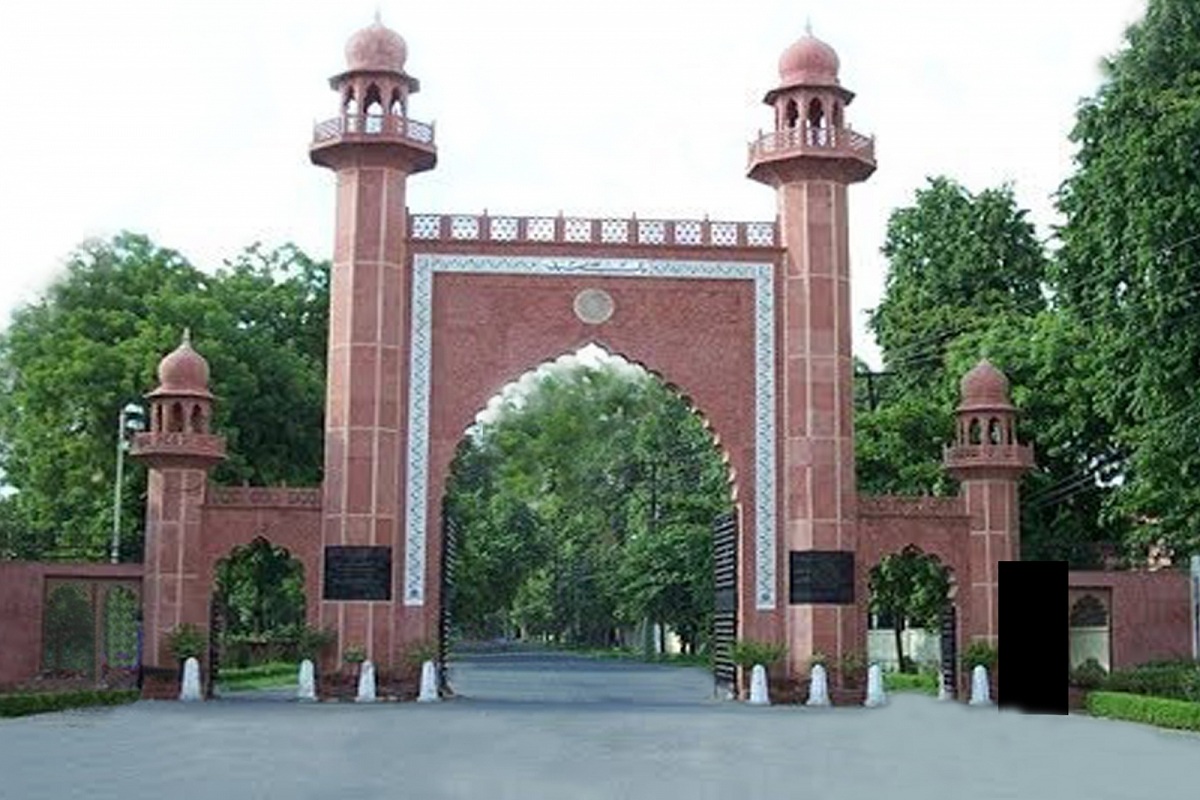The Supreme Court on Thursday was told education of Muslims and the minority institution Aligarh Muslim University (AMU) go hand in hand, and there was an overwhelming presence of Muslims in the university’s governing bodies, faculty and students.
The seven-judge constitution bench is hearing a batch of petitions on the issues relating to the minority status of AMU, including two 1981 and 2019- top court reference for a relook at the correctness of the 1967 judgment by a five-judge constitution bench.
Advertisement
On the third day of the hearing that had commenced on January 9, the bench comprising Chief Justice D Y Chandrachud, Justice Sanjiv Khanna, Justice Surya Kant, Justice J B Pardiwala, Justice Dipankar Datta, Justice Manoj Misra and Justice Satish Chandra Sharma was told that parents of the Muslim students – both boys and girls – send them to AMU for their education.
The Aligarh Muslim University’s “identity and cultural markers help the Muslim girls’ education. It is a fact of the community”, advocate Shadan Farasat told the constitution bench.
Shadan Farasat appeared for the petitioner Haji Muqeet Ali Qureshi who had approached the top court way back in April 2006.
The top court in 1967 in the Azeez Bhasha case had held that AMU was a central university and, being a central university, it could not be conferred the minority status under Article 29 and Article 30.
Telling the constitution bench that the first Chancellor of AMU was then Her Highness Sultan Jahan Begum of Bhopal -from December 1920 to May 1930 – advocate Shadan Farasat said that starting with the AMU court at the top, Executive Council, Academic Council, teaching faculty and right upto the classrooms, the presence of Muslims is to the extent of 82 t0 85 percent.
Pointing out that AMU is an institution of national importance, Shadan Farasat said that as a minority institution the AMU does what is required to be done under Article 30(1).
At this the bench asked, “Is there a minority institution that is100% financed by the government”. Farasat named Delhi based Jamia Millia Islamia University.
Resuming his arguments that remained inconclusive on Wednesday, senior advocate Kapil Sibal said that when the Muhammadan Anglo-Oriental College that was founded in 1875 graduated into AMU in 1920 by an Act of the Central Legislature, all the moveable and immovable assets of the college were transferred to AMU.
Responding to the posers that came in the course of the hearing, Sibal said merely because some non-Muslims had contributed to the setting up of the AMU in 1920, after being recognised as University, it conforming to UGC regulations, different statuses governing education in the country, does not denude AMU of its status of Muslim minority educational institutions. He also analysed the 1967 five-judge constitution bench judgment to point out “internal contradiction” in it.
The hearing will resume on January 23, 2024, as the 7-judge constitution bench will not sit during the coming week starting from January 15, 2024.











